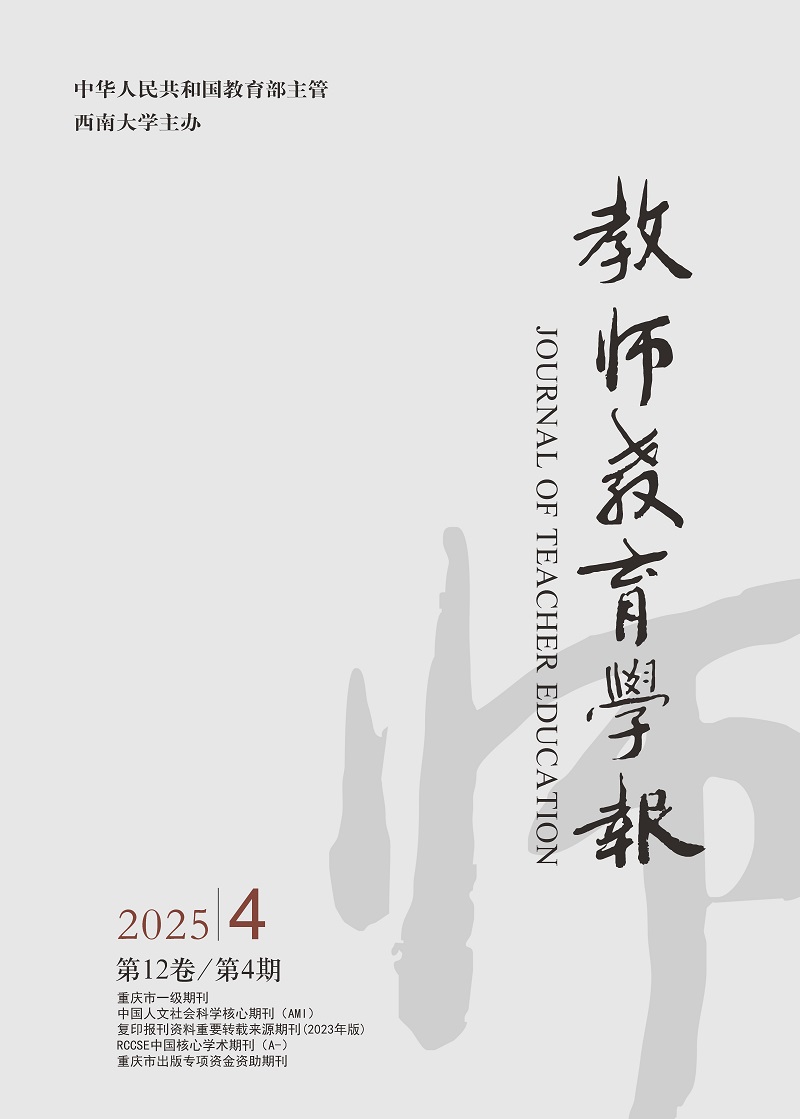How Artificial Intelligence Empowers Teacher Development: The Constituent Elements and Generation Path of Teacher’s Artificial Intelligence Literacy
-
Key words:
- artificial intelligence /
- human-machine collaborative /
- teachers’ literacy /
- artificial intelligence literacy /
- digital transformation of education /
- ChatGPT
Abstract: The development of new technologies such as artificial intelligence has promoted the digital transformation of education around the world. ChatGPT, as a representative of generative artificial intelligence, poses new challenges to the field of education and also puts forward new requirements for teachers’ literacy. Artificial intelligence literacy is the core literacy that teachers need to have to adapt to the era of AI. Based on the analysis of the connotation of literacy, teacher literacy and artificial intelligence literacy, teacher artificial intelligence literacy refers to the literacy that teachers, as human-machine collaborative teachers, need to understand and use artificial intelligence educational application products in the context of the artificial intelligence era. In the AI era, teachers’ artificial intelligence literacy includes three primary elements: AI knowledge, AI skills, and AI attitude and ethics, as well as twelve secondary elements. The government, schools, and teachers have provided path support to promote the generation of teachers’ artificial intelligence literacy.






 DownLoad:
DownLoad: